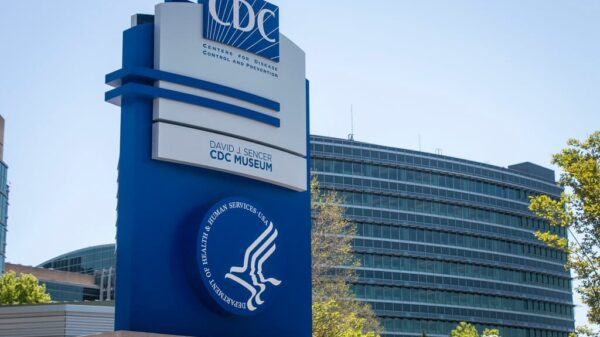In the aftermath of the Helene disaster, mental health support services have been crucial for survivors coping with anxiety and grief. Kaylee Murphy, a local mental health professional, has observed an overwhelming need for assistance in the initial weeks following the event. The impact of Helene, which struck on October 1, 2023, has left many individuals struggling to manage their emotional well-being.
Mental health organizations have mobilized to provide essential resources to those affected. Support groups, therapy sessions, and crisis intervention services are now available in the region. These initiatives aim to address the psychological toll of the disaster, which has significantly disrupted the lives of countless residents. Local authorities are urging anyone experiencing distress to seek help.
Growing Demand for Mental Health Services
The demand for mental health services has surged since the disaster. Murphy noted that individuals are expressing a range of emotions, including fear, sadness, and uncertainty about the future. The support network has expanded to include not only professional therapists but also community members who have stepped up to assist their neighbors.
According to a report from the National Mental Health Association, approximately 30% of individuals exposed to traumatic events experience significant mental health challenges. This statistic underscores the need for immediate and ongoing support for survivors in the Helene region. Mental health professionals emphasize the importance of early intervention to help individuals navigate their feelings and begin the healing process.
Community Resilience and Outreach
Community resilience has been a focal point in the response to Helene. Local organizations are collaborating to ensure that mental health resources are accessible to all residents. Workshops and informational sessions are being organized to educate the public about coping strategies and the importance of seeking help.
The mental health initiatives are not limited to traditional therapy. Creative arts programs, mindfulness workshops, and peer support groups have been introduced to provide a diverse range of options for those in need. These programs encourage participants to express their emotions and connect with others who share similar experiences.
As the recovery efforts continue, Murphy and other mental health advocates are committed to ensuring that support remains available for as long as necessary. The psychological impact of disasters can linger for months, if not years, making sustained mental health services essential for long-term recovery.
In conclusion, the aftermath of Helene has highlighted the critical importance of mental health support for survivors. With the ongoing efforts of mental health professionals and community organizations, there is hope for healing and recovery in the affected areas. Individuals affected by the disaster are encouraged to reach out for help and utilize available resources as they navigate this challenging period.



































































